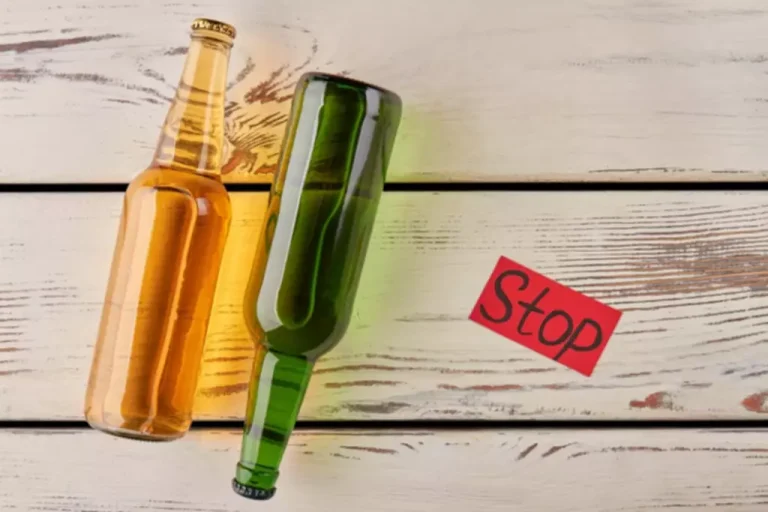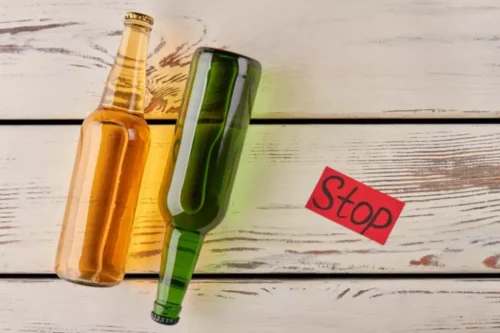Dealing With an Alcoholic: How To Cope

Keep a record of your drinking to help you reach your goal. For 3 to 4 weeks, write down every time you have a drink and how much you drink. Reviewing the results, you may be surprised at your weekly drinking habits. Make a table like the one below, weighing the costs and benefits of drinking to the costs and benefits of quitting.

Avoiding drinking triggers
- Attending a 12-step program or other support group is one of the most common treatment options for alcohol abuse and addiction.
- As with any other chronic illness, the more informed you are the better you will be able to support them.
- It may help to seek support from others, including friends, family, community, and support groups.
- Be genuine and honest about your concerns, including how their drinking is affecting their health and the family as a whole.
- Here’s some information to help you get ready for your appointment, and what to expect from your health care provider or mental health provider.
Addiction affects the entire family dynamic, and addressing those issues is vital for long-term recovery. Family therapy sessions offer a safe space for open communication, guided by a therapist. These sessions can help resolve underlying issues, rebuild trust, and strengthen the family’s role in the recovery process. Attending these sessions shows your loved one that you are committed to their recovery and the healing of the family as a whole. Talk with a healthcare professional if you’re concerned you may experience detox symptoms when quitting drinking or cutting back.
- Drinking around the person could lead them to want to drink, or make them believe you weren’t serious in your concern.
- Options can include brief early intervention, outpatient treatment or day treatment programs.
- The longer people allow their use to continue, the longer they will take advantage of that fact.
Treatment options

Caring for a person who has problems with alcohol can be very stressful. It is important that as you try to help your loved one, you also find a way to take care of yourself. It may help to seek support from others, including friends, family, community, and support groups. If you are developing your own symptoms of depression or anxiety, think about seeking professional help for yourself.
tips for coping with a loved one’s substance use disorder.

In Al-Anon, you learn how to detach from the person’s problems—not necessarily to detach from the person. You will likely hear your own story in the stories of those who share with the group, creating a sense of solidarity and support. New research is suggesting that due to these changes in the brain, immediate rewards may be a more effective means by which to promote early recovery and https://ecosoberhouse.com/ your partner’s sobriety. Compulsive behaviors and the need for rapid reward are likely to surface and intensify as the substance use disorder progresses. Even when an individual detoxifies from a substance, the reward system in the brain can remain changed for a long period of time.
Take the assessment and get matched with a therapist in as little as 48 hours. Some agencies and organizations offer treatments at no cost. Make your tax-deductible gift and be a part of the cutting-edge research and care that’s changing medicine.
Step 5: Offer your support

As an addiction tends to get worse over time, it’s important to look for early warning signs. If identified and treated early, someone with an alcohol addiction may be able to avoid major consequences of the alcohol addiction help disease. Making a major life change by giving up or cutting down on alcohol can create stress. Similarly, heavy alcohol use is often an unhealthy means of managing stress. You can help your loved one find healthier ways to reduce their stress level by encouraging them to exercise, confide in others, meditate, or adopt other relaxation practices.
- According to the National Institute on Drug Abuse (NIDA), the likelihood of a mental illness diagnosis doubles for individuals suffering from a substance use disorder.
- Try seeking help from a sports coach, family doctor, therapist, or counselor.
- This can be a way for them to get some kind of help that can ultimately lead to positive changes in their alcohol/drug use.

